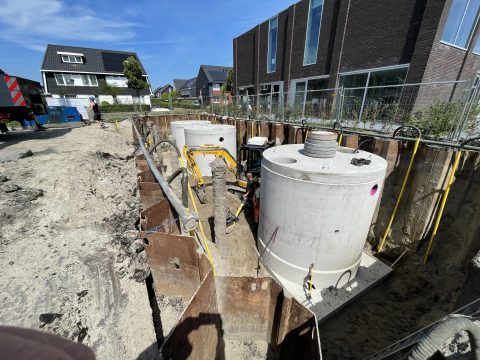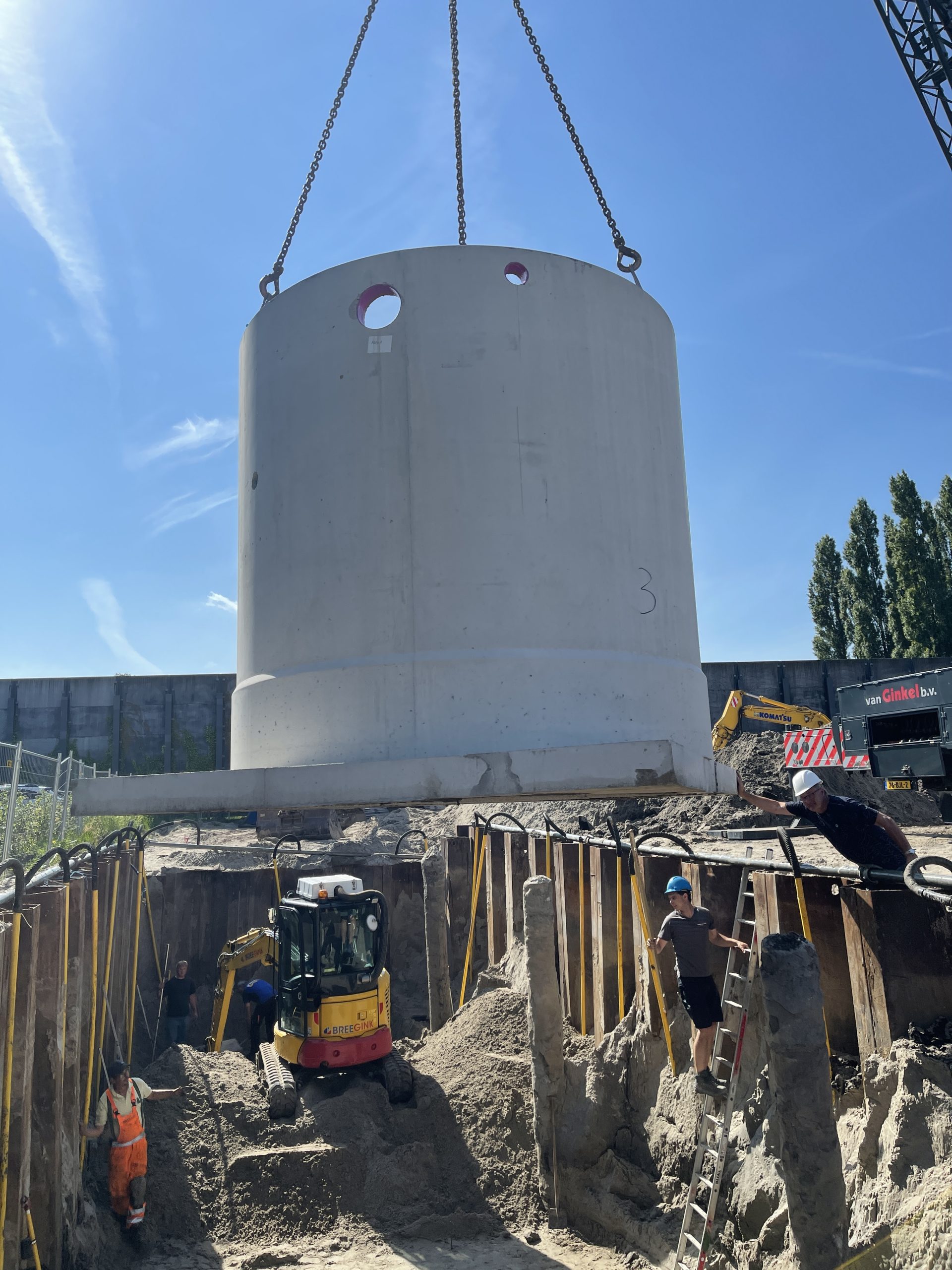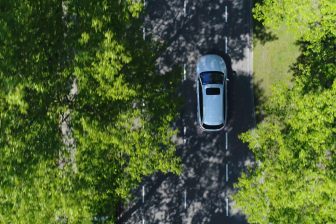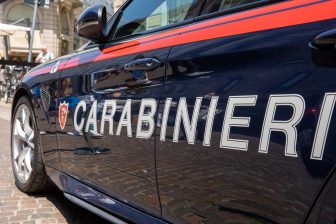
‘Water recycling is an underestimated subject’
With the current drought in parts of southern Europe and the western part of the USA, water recycling in a car wash becomes even more urgent. According to Jakob van Nimwegen of water treatment company Wasserschmidt, this is where the future lies: “With a car wash, you can no longer avoid water recycling.”
Wasserschmidt recently installed four wells for the BioClassic System for the new Gooise Carwash in the Dutch town of Blaricum – which is expected to open in early October.
The BioClassic System by Wasserschmidt will purify 100 percent of the wastewater and, depending on the wash program, reuse about 90 percent. “This is a very important saving in discharge costs and a great contribution to the environment,” says Van Nimwegen. “And that’s where the future lies.”
Van Nimwegen explains that in an average car wash some 600 to 800 liters of water are used per car. “Per hour that’s about 30 to 40 cubic meters of water. As a car wash, you can’t solve that with fresh water; that’s far too expensive and not sustainable. Water recycling then quickly becomes an alternative.”
Significant savings
Although much more is done these days, Van Nimwegen says a limited cycle is still used in which water is reused for up to 40 percent. “We bring together all the water that comes from the car wash and can reuse 90 percent with our systems. That’s a significant saving. Not only in costs, but also for the environment. Groundwater is becoming more and more precious and we all have a responsibility to deal with it better.”
Low water price
In Belgium and Germany, there seems to be much more focus on water recycling. There, for example, more use is made of rainwater in the car wash, says Van Nimwegen. “In the Netherlands, this is not done so much. One reason is the low price of water. Water here costs between 0.80 and 1.50 euros per cubic meter, in Belgium it is easily 4.50 euros per cubic meter.
Moreover, the authorities in Belgium and Germany demand that you recycle water. You may use a maximum of 80 liters of fresh water per car. That’s impossible to reach with a car wash without reusing the water.”
Van Nimwegen thinks that this change will eventually also reach the Netherlands. “The purchase price for water is still low now, but that is going to change. That is why it is important for car wash entrepreneurs to already look at the possibilities for water recycling.”

Attention
currently, water recycling is not top of mind among most car wash start-ups, notes Van Nimwegen. “Many starting entrepreneurs are mainly looking at the purchase of the car wash. Water recycling is then often the last point of attention. It’s a neglected subject, and that’s a shame.” To ‘not do it now, but do it later’, he says, is a common mistake: “Water recycling easily costs 50,000 to 60,000 euros, and that includes the underground wells. In total that means an investment of around 100,000 euros. Because that often doesn’t fit into the (financial) picture, it is omitted under the pretext of ‘I’ll do that later’.”
“But my experience is that it won’t happen, then. After all, later also means opening up, demolishing and rebuilding. That would be a destruction of capital, no one chooses to do that. That’s why my advice to entrepreneurs, especially those just starting out, is to think carefully about the possibilities of water recycling when building a car wash. Discuss it with the supplier. There is so much to gain.”
Also read:



